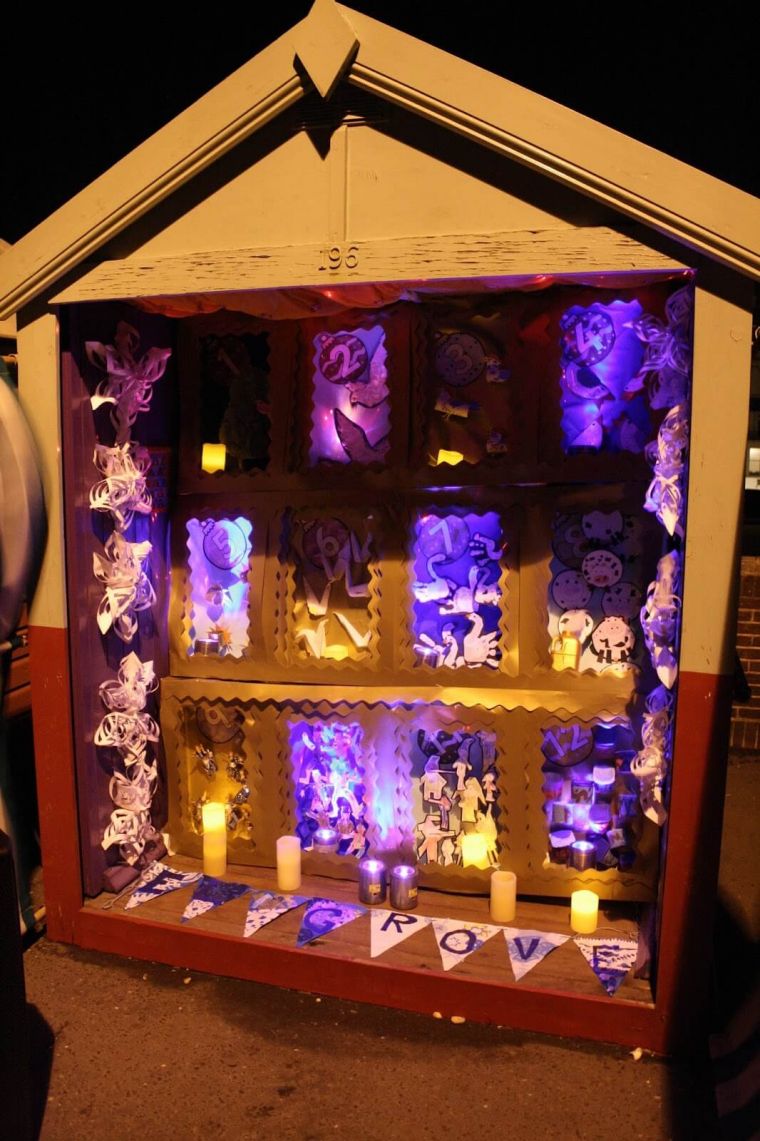Christmas without Advent is cheating: Why we need to reclaim the season

My local BBC radio station sent a reporter out to the shops to find out if people were buying Advent calendars.
The response was decidedly lukewarm – ranging from "no" and "not bothered" to "we've sent one to the grandchildren" and "I don't think we've ever had one."
So is Advent a forgotten season now? I'm asking this because I work in the middle of a busy city centre, slap bang in what has been grandly branded "the shopping quarter".
In Retail World, Christmas is in full flow. The festive lights have been on since November 6. The German Market is cheerfully selling sausages and gingerbread accompanied by a singing moose. The shops are playing carols and Christmas pop and a well-known TV listings magazine has already sent me an email entitled "You know it's Christmas when..."
I don't blame Retail World for starting Christmas early – it needs to make money. But it seems that Advent is becoming an half-remembered part of the year; a quaint recurrence from the past. Of course Advent calendars are still popular, but they're more likely to feature Lego or Darth Vader than a nativity scene. Advent candles are still used in some quarters, but in truth, they're a bit of a niche product these days too.
Of course if you inhabit Church World rather than Retail World it is different. Advent is marked as a distinctive season in the church calendar and there are numerous books, sermons, prayer anthologies and suggested activities to help us reflect and prepare for the birth of Jesus.
I'm even guilty of running one myself – a Facebook group called Advent Where I Am, where members post photos and words which reflect how they are marking and celebrating Advent.
Attempts are being made to reclaim Advent. I've seen ingenious ideas such the Advent Calendar beach huts in Brighton and Hove. I've read about #adventwonder from Stewardship where you can sign up to receive thought-provoking emails. I've seen photos of people placing an empty box in the hall and putting one item of food in it each day until they take it all to the nearest foodbank on Christmas Eve. I've heard from a friend about her Advent thanksgiving project, where envelopes marked 1-25 are hung on string along the hall. Each day, instead of taking a chocolate out, she writes down what she and her husband are thankful for and places the note in the relevant envelope.
If you want to take it even further, some churches in the USA are exploring the idea of Extended Advent – reconnecting with the fact that Advent used to be a season of seven Sundays until Pope Gregory VI cut it down to four in the 11th century.
For me, Advent is like an unfolding story of many parts – prophecies, angelic encounters, testimonies and characters which come together to gradually reveal a whole tale, inexorably drawing us, as if pulled by invisible thread, towards the focal point of the birth of Jesus. To scoot straight there feels like cheating. Like the baking of bread or the fermenting of wine, the journey towards Bethlehem should not be rushed. Each part of the story matters and each person has something to say – the weirdness of John the Baptist, the strength of Mary, the tenacity of Joseph.
I'm not with the group which argues that Christmas carols should not be sung until the Christmas season actually begins – these days, it is almost impossible to achieve this, what with Christingles, Messy Church, all-age Nativity plays and the like taking place all through December.
Neither am I the sort of person who takes down their decorations on Boxing Day (believe me, this happens) – I definitely leave them up all through the Christmas season to Twelfth Night.
The church is in no danger of forgetting Advent. But I am concerned that the world is, and it's time to find new ways to retell the stories which intertwine and lead us to the manger.
Rev Mandy Briggs is the Education Officer at the New Room (John Wesley's Chapel) in Bristol.











